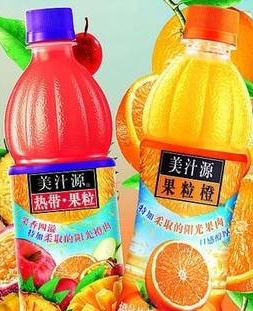
"We take the move not only to safeguard the reputation of our brand, but also to help create a fair and healthy business environment, an environment where virtue is rewarded and vice punished," said Bai Changbo, vice president of Coca-Cola's China operation.
In recent days, reports have circulated on the Internet saying that Coca-Cola China admitted in a TV program that its orange juice products contained a fungicide called carbendazim.
The reports said the TV program was "Topics in Focus," one of the most-watched shows on China Central Television. The reports supposedly warned customers not to drink Coca-Cola orange juice products.
However, Coca-Cola said the reports were untrue and "Topics in Focus" had never made such a program.
A Xinhua reporter yesterday asked CCTV about the program. Its news center suggested looking at the CCTV website, where all the previous episodes of "Topics in Focus" are available. Xinhua's reporter searched the website, but could not find anything about carbendazim in Coca-Cola products.
Coca-Cola said the rumor stemmed from an issue with Brazilian orange products a year ago, but that the truth had been distorted.
At that time, the company discovered that carbendazim, which is not approved for use on citrus fruits in the United States, was being used to combat mold on orange trees in Brazil.
Coca-Cola headquarters immediately alerted the US Food and Drug Administration as it believed it was an industrial issue that affected every company producing products in the US using orange juice from Brazil.
After a risk assessment, the FDA and the Environmental Protection Agency said orange juice from Brazil was safe to drink.
Meanwhile, Coca-Cola China sent samples of orange juice imported from Brazil to China's National Food Quality Supervision and Inspection Center. A report released early last year by the center said the amount of carbendazim in the samples submitted by Coca-Cola "can not be measurable."





